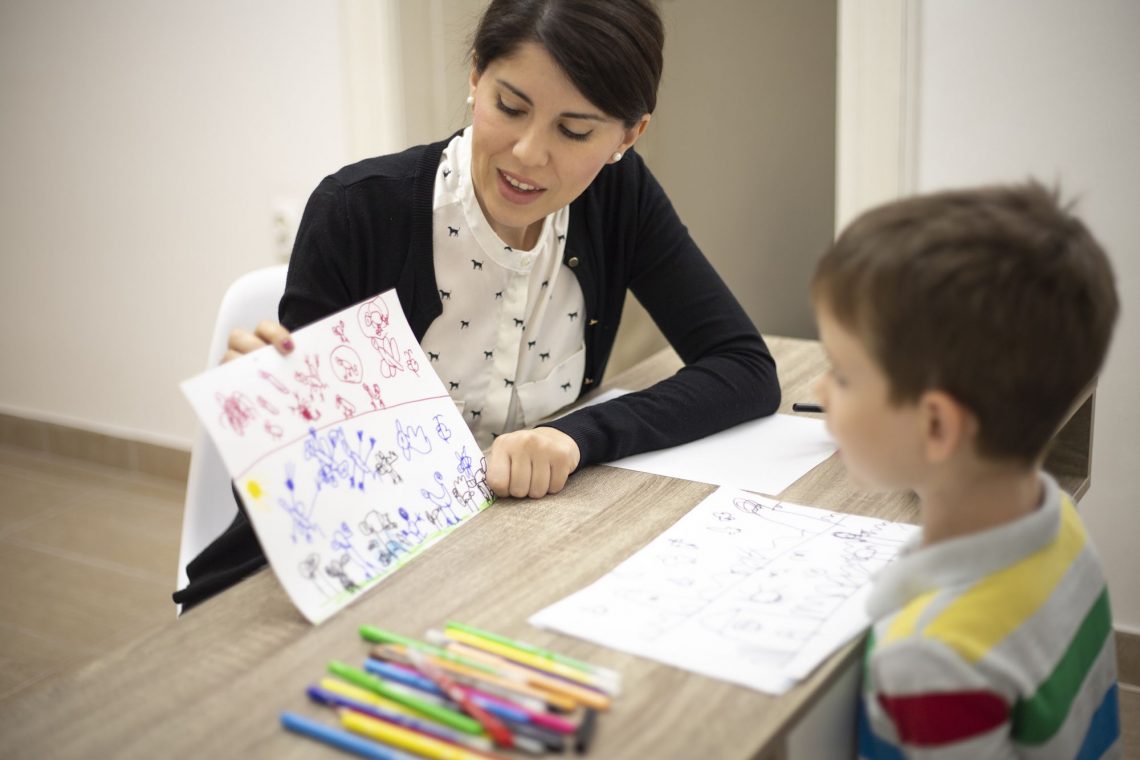
Why Educational Therapy is Essential for Autism
As autism rates continue to rise, more and more parents are looking for ways to help their children cope with the challenges associated with the condition. While there is no cure for autism, there are treatments that can help improve symptoms and make everyday life easier for those affected. One such treatment is educational therapy, which is designed to help children with autism learn and develop essential life skills.
What is educational therapy?
Educational therapy is a type of therapy that uses educational techniques and strategies to help children with learning disabilities, including autism, overcome challenges and reach their full potential. The goal of educational therapy is to help children develop the skills they need to be successful in school and in life.
Educational therapists work with children of all ages, from preschoolers to high school students. They use a variety of techniques, including one-on-one tutoring, small group instruction, and classroom teaching. Educational therapists also work with parents and teachers to help them understand and support the child’s learning needs.
There is no one-size-fits-all approach to educational therapy. Therapists tailor their approach to meet the individual needs of each child. Educational therapy is not a form of special education. However, it can be used in conjunction with special education services.
How can educational therapy help children with autism?
Children with autism often have difficulty with social skills, communication, and learning. educational therapy for autism can help children with autism improve these skills by providing them with a structured environment where they can practice and learn. Educational therapists also use a variety of techniques, such as visual aids and repetition, to help children with autism absorb information and retain what they learn.
Why is educational therapy essential for autism?
Educational therapy is essential for autism because it can help children with the condition improve their quality of life. Children who receive educational therapy are more likely to excel in school and develop the skills they need to live independently as adults. Additionally, educational therapy can help children with autism build self-esteem and confidence, and improve social skills.
Conclusion:
Educational therapy is a type of therapy that uses educational methods and techniques to help children with learning disabilities, including autism, improve their academic performance. Educational therapists work with children to identify their strengths and weaknesses and develop individualized education plans that address their specific needs. Educational therapists also provide support to families and educators, and collaborate with other professionals, such as speech-language pathologists and occupational therapists, to provide comprehensive care.





